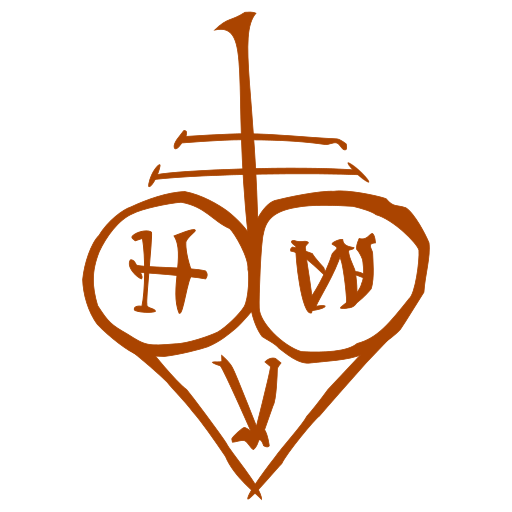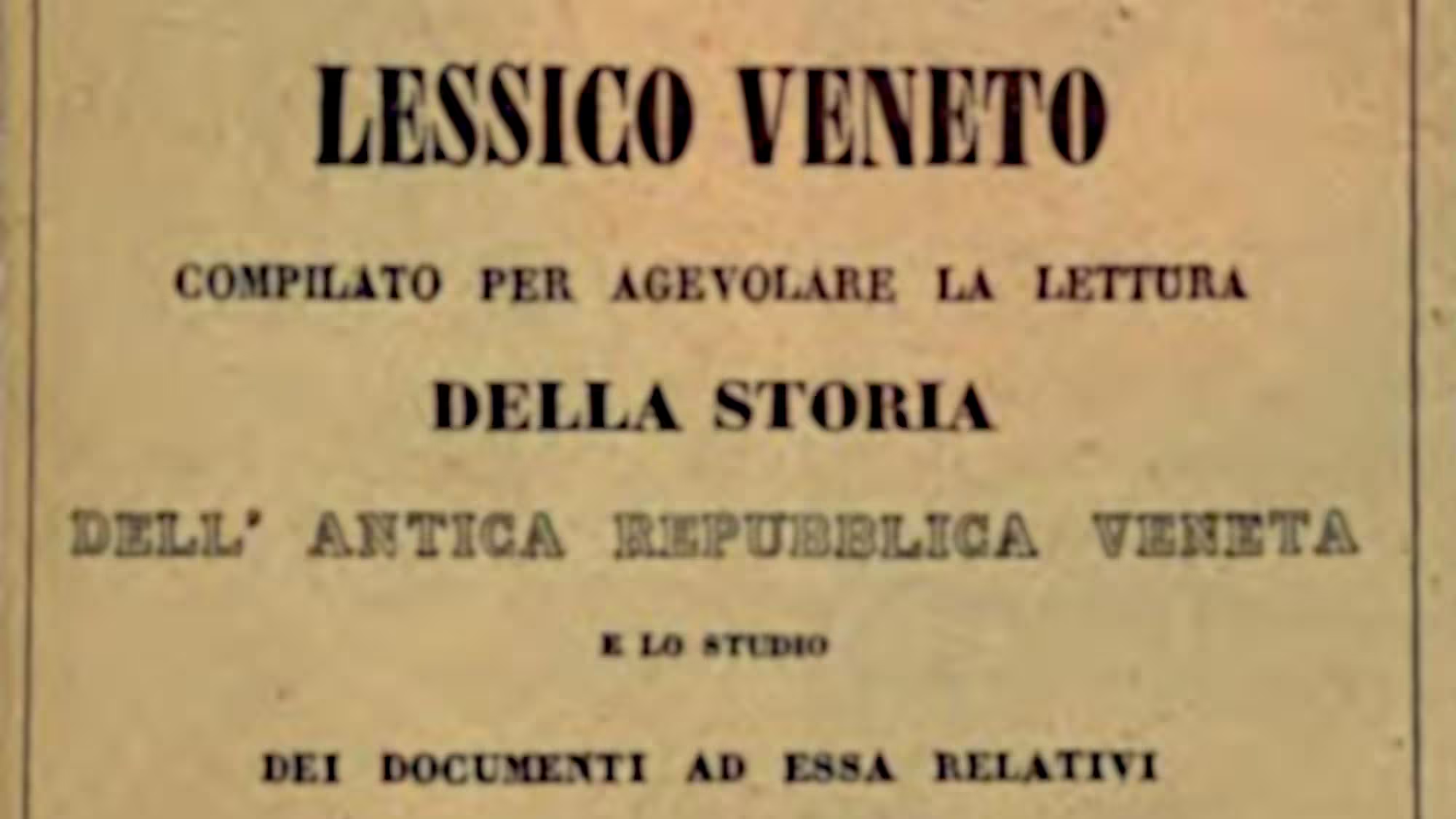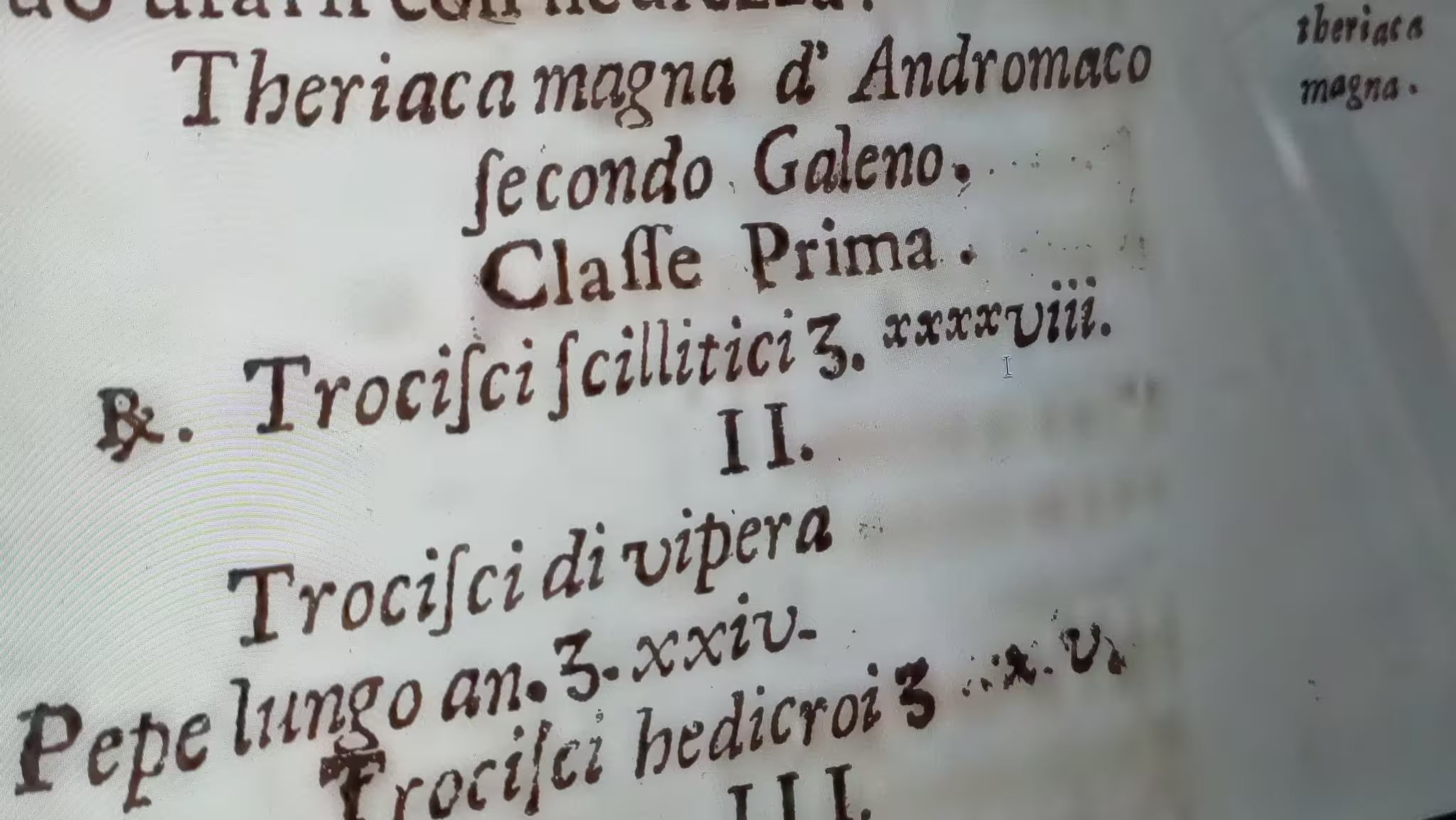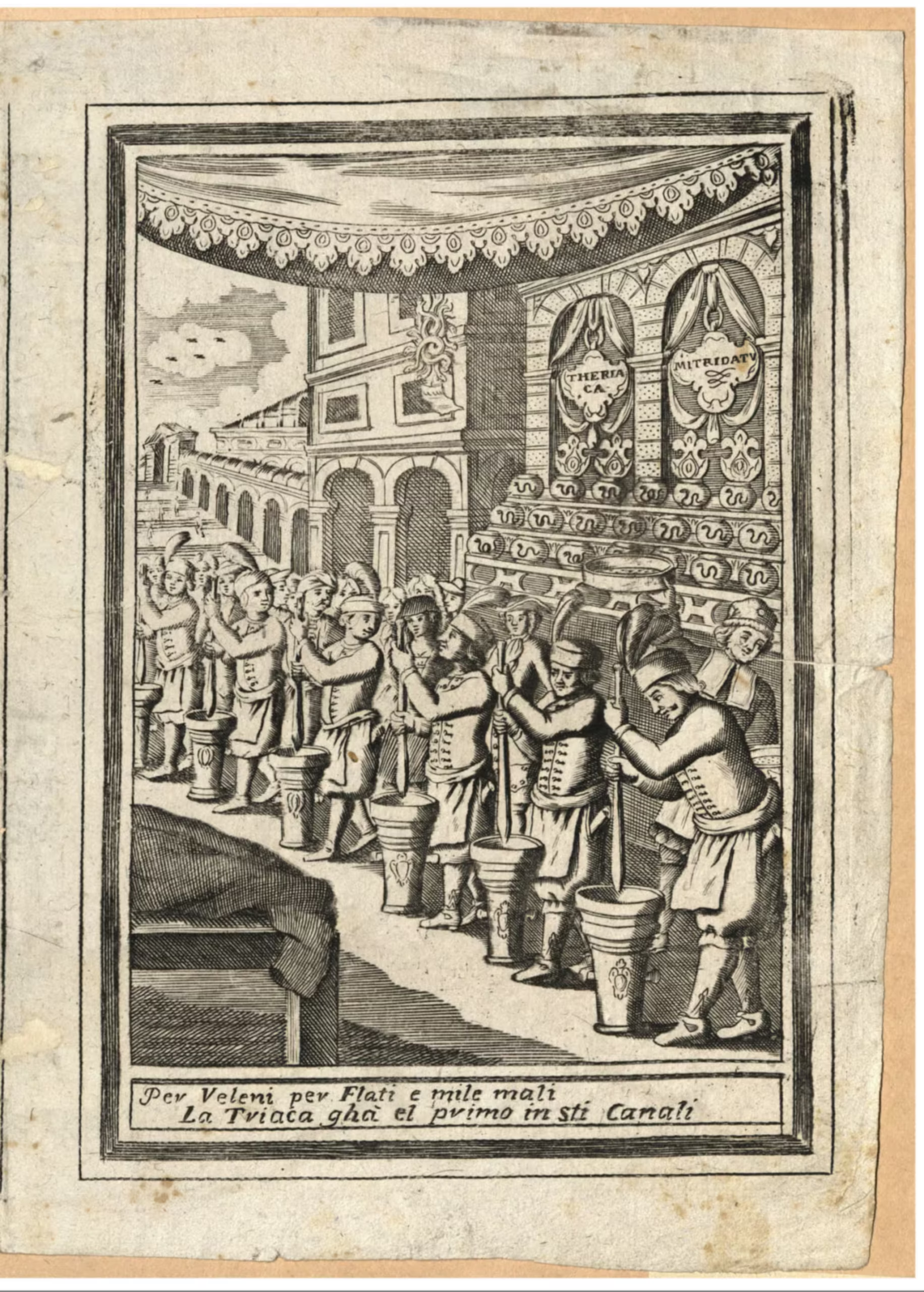Malamocco, Matemauco, Metemaucum
The Lessico Veneto (Venetian Vocabulary) by Fabio Mutinelli was published in 1851. It is an invaluable tool for anybody who reads texts from the time of the Republic of Venice.
Fabio Mutinelli (1797-1876) was director of the I. R. Archivio Generale di Venezia (1847-1861), and a prolific writer on the history of Venice.
MALAMOCCO, Matemauco, Metemaucum, City which flourished in the earliest times of the Venetian society, located near the harbour, where the Madoacus, or Brenta (from where, perhaps, the name Matemauco) entered the sea. It was the capital of the Venetians, and seat of their doges (these had already abandoned Eraclea, or Eraclia) until the year 813 circa; it also had nine bishops, the last of whom were one Stefano Badoaro (see Bishops of Malamocco). By earthquake, or by horrible storm from the sea, it was destroyed between 1100 and 1102, and now nothing remains but well kept orchards and a poor hamlet. There, fleeing Austrian bullets (see san Giuliano del buon albergo), hunger, anarchy and the many other calamities that afflicted the illustrious and unfortunate Venice, in a few hours, by cholera, on the twentyfirst day of August of the year 1849, passed away serenely, because supremely pious, the woman of who writes. O reader, it will not hurt you to say a prayer for the peace of her soul.1
Translator’s notes
- This personal note by Mutinelli is very unusual. ↩︎
Original Italian text
MALAMOCCO, Matemauco, Metemaucum. Città che fioriva ne’ primi tempi della veneziana società, situata presso il porto, per il quale il Medoacus, o Brenta (onde, forse, il nome di Matemauco) entrava in mare. Fu capitale dei Veneziani, e sede dei dogi loro (abbandonata già da questi Eraclea, o Eraclia) sin all’anno 813 circa; ebbe pure nove vescovi, l’ultimo dei quali fu uno Stefano Badoaro (V. Vescovi di Malamocco). Per terremoto, o per orribile procella di mare, miseramente inabissò tra il 1100 e il 1102 , ed or non veggonsi che orti coltivatissimi lunghesso la marina , e povera borgata. Ivi, fuggente dalle palle Austriache (V. san Giuliano del buon albergo), dalla fame, dall’anarchia e da altre molte calamità che affliggevano la illustre e sfortunata Venezia, in brevi ore, per cholera, il vigesimoprimo giorno di agosto dell’ anno 1849 serenamente trapassava, perchè supremamente pia, la donna di chi scrive. Deh, lettore, non ti sia grave di pregar pace alla di lei anima.




Leave a Reply